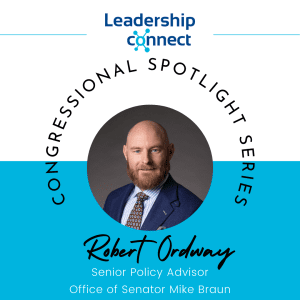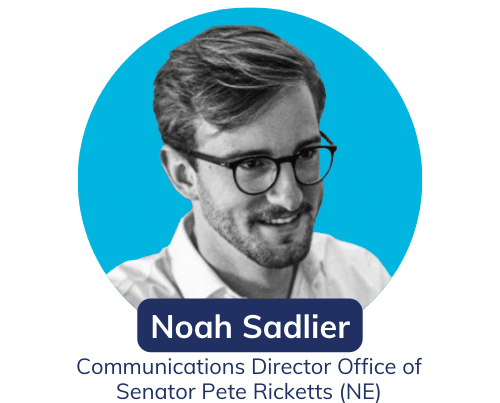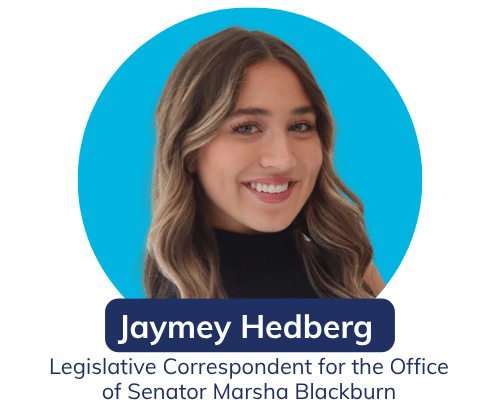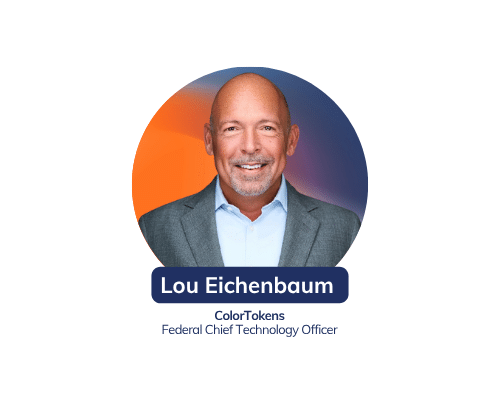Bridging the Gap Between Business and Politics: Lessons from a Seasoned Congressional Staffer
 Welcome back! This week, I spoke with Robert Ordway, whose career path led him from being a successful entrepreneur to a seasoned congressional staffer. We explore Robert’s background and his journey in policymaking on Capitol Hill.
Welcome back! This week, I spoke with Robert Ordway, whose career path led him from being a successful entrepreneur to a seasoned congressional staffer. We explore Robert’s background and his journey in policymaking on Capitol Hill.
Robert is highly knowledgeable in the areas of budget, appropriations and taxes, and can provide insights on the importance of fiscal responsibility and the inner workings of government. From building coalitions to advancing his boss’s goals, Robert has found success by utilizing his entrepreneurial skills in the world of politics.
Can you tell me about your career path that you’ve taken that’s led you to where you are now?
I never planned a career in public policy but my interest in the space began when I graduated with a Finance degree in December 2007. It was the start of the Great Recession, and my degree was near useless, but I learned that no matter how bad the economy is, there will always be campaign jobs during an election cycle! With my private and public sector background in ‘all things math’, I was hired by the Senator to help straighten out our federal budget.
One goal that I’m particularly proud of is that our office is one of the few in the past decade to put a budget on the Senate floor for a vote. Going forward, I’d like to use my familiarity with city, county and state finances to help the federal government reform its disjointed budget process. We need to create more value for taxpayers while preserving important entitlement programs like Social Security and Medicare for generations to come.
What policy issues are you most interested/passionate about?
Given my entrepreneurial background, I’m a generalist at heart which is the opposite of most Capitol Hill staffers where policy specialization is emphasized. My work is focused on the budget, appropriations and taxes but I also build coalitions, both internal and external to push my boss’s agenda forward. In the long run, numbers always win so while the U.S. may serve as the world’s reserve currency and have the largest economy, we should still be concerned about unsustainable annual deficits and the national debt.
The key to success is adhering to the Eisenhower Matrix of Urgent/Important.
From experience I know how fast paced and stressful working on the Hill can be, can you give an example of an obstacle you have faced or explain any difficulty while managing your job responsibilities?
Luckily, I work for a great boss and with a very talented team which mitigates most hill staffer challenges. It is a bit ironic that we work many hours, but the legislative process in itself is quite slow. Unlike previous jobs I’ve had, there are an infinite amount of things to work on. With hundreds of emails coming in each day, being able to seek out that one deliverable for your boss is important. Having a work-life balance is also key to being able to perform your best. Lastly, as a guy that likes to go to bed early, I would say my biggest on-the-job obstacle was staying up all night multiple times for budget reconciliation. Thankfully, there’s caffeine.
What is your favorite restaurant in D.C.?
While I miss my homeland of Northwest Indiana (Chicagoland), which has over 100 ethnicities and diverse cuisine, I’ve become a lazy Navy Yard resident where convenience is king for me. That being said, I really enjoyed Royal Sands. It’s a unique concept, has a great vibe and owner Fritz Brogan is a real leader in the business community.
To be featured or learn more, reach out to Gabi Thomas, and spread the word to any colleagues who would be interested.
Be sure to follow the LinkedIn profile for more news and to see who is featured each week!






